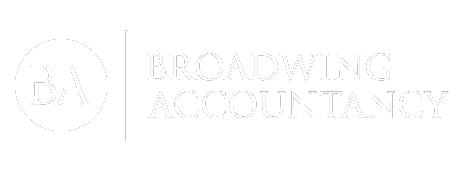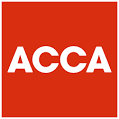Making Tax Digital is HMRC’s idea that both businesses big and small will make fewer errors if they maintain their records more regularly. HMRC are aware many small businesses only write their books up once a year when demanded by their accountants. They also believe that this lack of regular bookkeeping is losing tax for the Treasury not only because of errors in recording income and expenditure but also because the time delay between earning money and having to pay the tax is so long that often businesses go bust before they pay up.
So, everyone will have a digital tax account; 50 million of them to be precise!
Going digital will allow third parties to automatically fill them with details of your income. This could include income from employers, pensions and even banks will be able to automatically feed into your Digital Tax Account.
However, only you or your accountant representing will know how much you are earning from your business, so you will be forced to provide details of any income (and expenses) which cannot be auto-filled on a quarterly basis.
All self-employed people will have to keep their accounts in a digital form (not on excel), and summit summarised information.
How do I prepare for this?
- You need a digital mindset
What is might by this? Basically, you must throw away the idea of keeping your records on paper. Gone are the days when you could stuff invoices into an envelope and send them to your accountant. Your accountant simply won’t be able to cope with hundreds of clients sending him bits of paper every quarter with the shorter deadline being imposed on them. They will just not have the time to collate that information for you.
To avoid potential late penalties each quarter, you’ll need to help your accountant by delivering the information for them to check in the most efficient manner possible. HMRC have already said they want this information in a digital form so you need to deliver this to your accountant in a digital form too.
If you use some form of cloud based accounting system such as QuickBooks or Xero, you should be able to do most of your book keeping using your mobile phone.
- Learning new technology
The deadline for sole traders, partnerships and landlords to deliver quarterly accounts is from April 2018 – not long now, especially if you have to learn new technology. Some people will choose to leave it until the last possible moment before complying, but this is not ideal due to the potential mistakes that will happen in the early days of learning how to use the new system accurately.
A great way to think about this is by the question…”How do you eat an elephant?”…The answer is “One bite at a time”. In this context we recommend that you learn bit by bit and get use to using the system as early as possible so that by April 2018 you have had several months to get used to the system so that your results will be more accurate. Remember HMRC will fine you if your accounts are wrong so it is in your interests to get your accounts as accurate as possible.
- Take Advice
Cloud bookkeeping systems are very well written and we like to think they are intuitive but you are not trained accountants and you are likely to get some stuff wrong. It’s a bit like wandering through a forest with a book which describes which mushrooms are poisonous and which you can eat. It’s much more comforting having an expert with you who really knows the difference.
Our clients will be ready for the new rules, but will you? If you would like Broadwing Accountancy to help you with the new rules, or find out how we could benefit you and your company, contact Brian Munjanja on 01604 328328, or email your questions to [email protected].






